Business insurance is a critical component of managing risk for any enterprise. It provides financial protection against unforeseen events that could cause significant financial losses, ensuring the stability and continuity of the business.
Importance of Business Insurance
Without adequate insurance, businesses expose themselves to potential lawsuits, property damage, employee injuries, and other liabilities. Proper coverage helps mitigate these risks, providing peace of mind and allowing business owners to focus on growth and development.
Overview of Must-Have Coverages
In this article, we will explore the top 10 must-have coverages for business insurance. Each section will detail the specific coverage, its importance, and real-world examples to illustrate its necessity.
General Liability Insurance
Definition and Purpose
General Liability Insurance is designed to protect businesses from claims of bodily injury, property damage, and personal injury (such as slander or libel) that could arise from business operations.
Coverage Details
This insurance typically covers legal fees, medical expenses, and damages if the business is found liable. It is essential for businesses that interact with clients or customers, as it provides a safety net against potential lawsuits.
Who Needs It
Any business, regardless of size or industry, should consider General Liability Insurance. From retail stores to contractors, this coverage is fundamental in protecting against common risks.
Exclusions and Limitations
General Liability Insurance does not cover employee injuries, professional errors, or intentional acts of negligence. Businesses may need additional policies to cover these specific risks.
Case Study: General Liability in Action
Consider a small retail store where a customer slips and falls. The store’s General Liability Insurance would cover the medical expenses and any legal fees if the customer decides to sue, protecting the business from substantial financial loss.
Property Insurance
Definition and Purpose
Property Insurance protects a business’s physical assets, including buildings, equipment, inventory, and furniture, from damage or loss due to events like fire, theft, or natural disasters.
Coverage Details
This insurance reimburses the business for the cost of repair or replacement of damaged property. It is crucial for businesses that own or lease physical space and assets.
Types of Property Covered
Property Insurance typically covers buildings, office equipment, inventory, machinery, and sometimes outdoor signage. It ensures that the business can recover quickly from physical damage.
Exclusions and Limitations
Standard Property Insurance may not cover natural disasters like earthquakes or floods. Businesses in high-risk areas may need additional coverage for these events.
Case Study: Property Insurance in Action
A manufacturing company experiences a fire that destroys a portion of its factory and inventory. Property Insurance helps the business recover by covering the costs of repairs and replacement of damaged goods, ensuring minimal disruption to operations.
Business Interruption Insurance
Definition and Purpose
Business Interruption Insurance, also known as Business Income Insurance, compensates for lost income and covers operating expenses if a business is forced to shut down temporarily due to a covered peril.
Coverage Details
This insurance helps businesses maintain financial stability during periods of interruption. It covers lost revenue, rent, salaries, and other fixed costs.
Calculating Coverage Needs
Businesses should assess their average income and expenses to determine the appropriate amount of coverage. This ensures they are adequately compensated during a shutdown.
Exclusions and Limitations
Business Interruption Insurance typically does not cover losses due to pandemics or gradual income loss. Specific exclusions vary by policy and provider.
Case Study: Business Interruption Insurance in Action
A restaurant faces a temporary closure due to extensive water damage from a burst pipe. Business Interruption Insurance covers the lost income and ongoing expenses like rent and employee salaries, allowing the restaurant to recover without financial strain.
Workers’ Compensation Insurance
Definition and Purpose
Workers’ Compensation Insurance provides coverage for medical expenses and lost wages for employees who are injured or become ill due to their job. It also protects businesses from lawsuits related to workplace injuries.
Coverage Details
This insurance covers medical treatment, rehabilitation costs, and a portion of lost wages. It is mandated by law in most states, ensuring that businesses can support their employees in case of work-related injuries.
Who Needs It
Almost all businesses with employees are required to have Workers’ Compensation Insurance. It is essential for industries with higher risks of injury, such as construction or manufacturing.
Exclusions and Limitations
Workers’ Compensation does not cover injuries that occur outside the workplace or illnesses not directly related to job activities. Intentional injuries or those resulting from employee misconduct are also excluded.
Case Study: Workers’ Compensation in Action
A construction worker falls from scaffolding and sustains injuries. Workers’ Compensation Insurance covers the medical expenses and provides income support during the recovery period, ensuring the worker can focus on healing without financial worries.
Professional Liability Insurance
Definition and Purpose
Professional Liability Insurance, also known as Errors and Omissions Insurance, protects businesses and professionals against claims of negligence, errors, or omissions in the services they provide.
Coverage Details
This insurance covers legal defense costs and any settlements or judgments. It is crucial for service-based businesses such as consultants, lawyers, and medical professionals.
Who Needs It
Any business or individual providing professional services should have Professional Liability Insurance. It is particularly important for those whose advice or services could cause financial harm to clients.
Exclusions and Limitations
Professional Liability Insurance does not cover intentional wrongdoing, fraudulent acts, or general liability claims. Each policy may have specific exclusions based on the profession.
Case Study: Professional Liability in Action
A financial advisor gives investment advice that leads to significant client losses. The client sues for negligence, but the advisor’s Professional Liability Insurance covers the legal fees and any settlements, protecting the advisor’s personal and business assets.
Commercial Auto Insurance
Definition and Purpose
Commercial Auto Insurance covers vehicles used for business purposes, protecting against physical damage and liability from accidents.
Coverage Details
This insurance includes liability, collision, and comprehensive coverage. It is essential for businesses that use vehicles for transporting goods, equipment, or employees.
Types of Vehicles Covered
Commercial Auto Insurance covers a range of vehicles, from cars and vans to trucks and trailers. It ensures that the business is protected no matter what type of vehicle is used.
Exclusions and Limitations
Personal vehicles used occasionally for business may not be fully covered under a commercial policy. Specific policy details vary, so businesses should clarify with their insurer.
Case Study: Commercial Auto Insurance in Action
A delivery truck is involved in an accident that results in significant damage and injuries. Commercial Auto Insurance covers the repair costs and medical expenses, protecting the business from substantial financial loss.
Cyber Liability Insurance
Definition and Purpose
Cyber Liability Insurance protects businesses from losses due to cyberattacks, data breaches, and other cyber-related incidents. It is increasingly important in the digital age.
Coverage Details
This insurance covers legal fees, notification costs, credit monitoring for affected individuals, and costs associated with data recovery and system repairs.
Importance in the Digital Age
With the rise of cyber threats, Cyber Liability Insurance is crucial for businesses that handle sensitive information. It helps mitigate the financial impact of cyber incidents.
Exclusions and Limitations
Cyber Liability Insurance may not cover intentional acts by employees or pre-existing vulnerabilities. Each policy may have specific exclusions based on the business’s industry and risk profile.
Case Study: Cyber Liability Insurance in Action
A small e-commerce company experiences a data breach that exposes customer information. Cyber Liability Insurance covers the costs of notifying affected customers, legal fees, and implementing stronger security measures, ensuring the business can recover and rebuild trust.
Directors and Officers (D&O) Insurance
Definition and Purpose
Directors and Officers (D&O) Insurance protects the personal assets of corporate directors and officers in the event they are sued for wrongful acts in managing the company.
Coverage Details
This insurance covers legal defense costs, settlements, and judgments. It is essential for attracting and retaining talented leadership.
Who Needs It
Publicly traded companies, private businesses, and non-profits should consider D&O Insurance to protect their leadership from personal liability.
Exclusions and Limitations
D&O Insurance does not cover intentional wrongdoing, fraudulent acts, or bodily injury claims. Policies may have specific exclusions based on the company’s operations and history.
Case Study: D&O Insurance in Action
A tech startup faces a lawsuit from investors claiming mismanagement. D&O Insurance covers the legal defense and any settlements, protecting the personal assets of the company’s directors and officers.
Employment Practices Liability Insurance (EPLI)
Definition and Purpose
Employment Practices Liability Insurance (EPLI) protects businesses against claims made by employees regarding employment-related issues such as discrimination, wrongful termination, and harassment.
Coverage Details
This insurance covers legal defense costs, settlements, and judgments. It is essential for businesses of all sizes to protect against potential employee claims.
Who Needs It
Any business with employees should consider EPLI, as employment-related claims can be costly and damaging to the company’s reputation.
Exclusions and Limitations
EPLI does not cover criminal acts, punitive damages, or claims arising from mass layoffs. Policies may have specific exclusions based on the company’s employment practices.
Case Study: EPLI in Action
A former employee sues a company for wrongful termination and discrimination. EPLI covers the legal defense costs and any settlements, allowing the company to focus on its operations without the financial burden of a lawsuit.
Key Person Insurance
Definition and Purpose
Key Person Insurance provides financial protection in the event of the death or disability of a critical member of the business, such as a founder or top executive.
Coverage Details
This insurance provides a payout that can be used to cover the costs of finding a replacement, lost income, and other financial impacts. It is crucial for businesses that rely heavily on specific individuals.
Importance for Small Businesses
For small businesses, the loss of a key person can be particularly devastating. Key Person Insurance ensures that the business can continue to operate and recover from the loss.
Exclusions and Limitations
Key Person Insurance may not cover pre-existing conditions or deaths resulting from risky activities. Each policy may have specific exclusions based on the individual’s role and health.
Case Study: Key Person Insurance in Action
A small software company’s founder unexpectedly passes away. Key Person Insurance provides the funds needed to hire a replacement and cover the business’s financial losses during the transition, ensuring the company’s survival.
Conclusion
Recap of Must-Have Coverages
Business insurance is essential for protecting enterprises from various risks. The top 10 must-have coverages include General Liability, Property Insurance, Business Interruption, Workers’ Compensation, Professional Liability, Commercial Auto, Cyber Liability, Directors and Officers, Employment Practices Liability, and Key Person Insurance.
Final Thoughts on Business Insurance
Investing in comprehensive business insurance ensures that a company is safeguarded against potential financial losses, legal liabilities, and operational disruptions. Each type of coverage addresses specific risks, providing a robust safety net for businesses.


